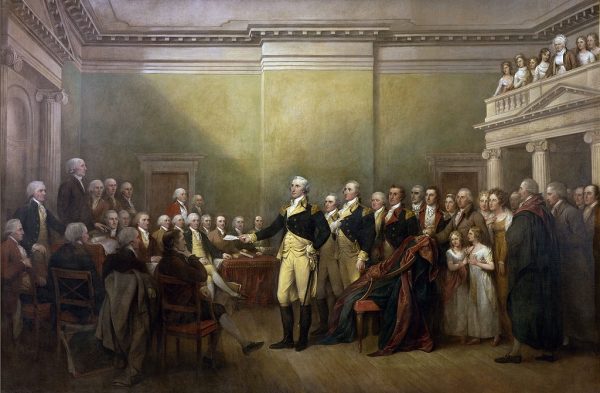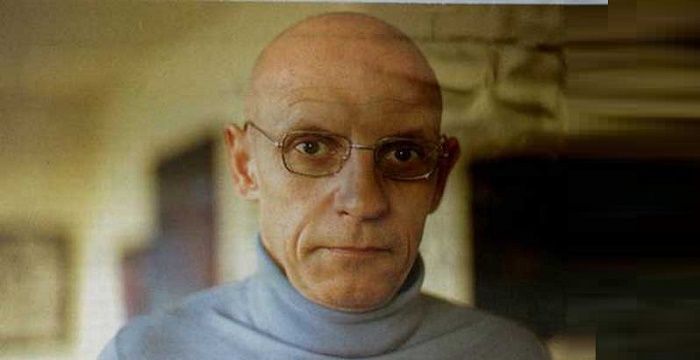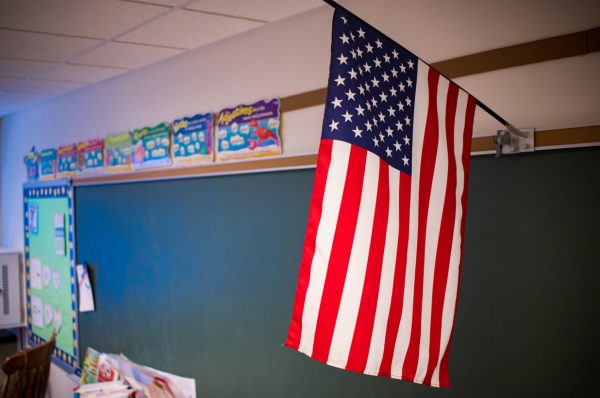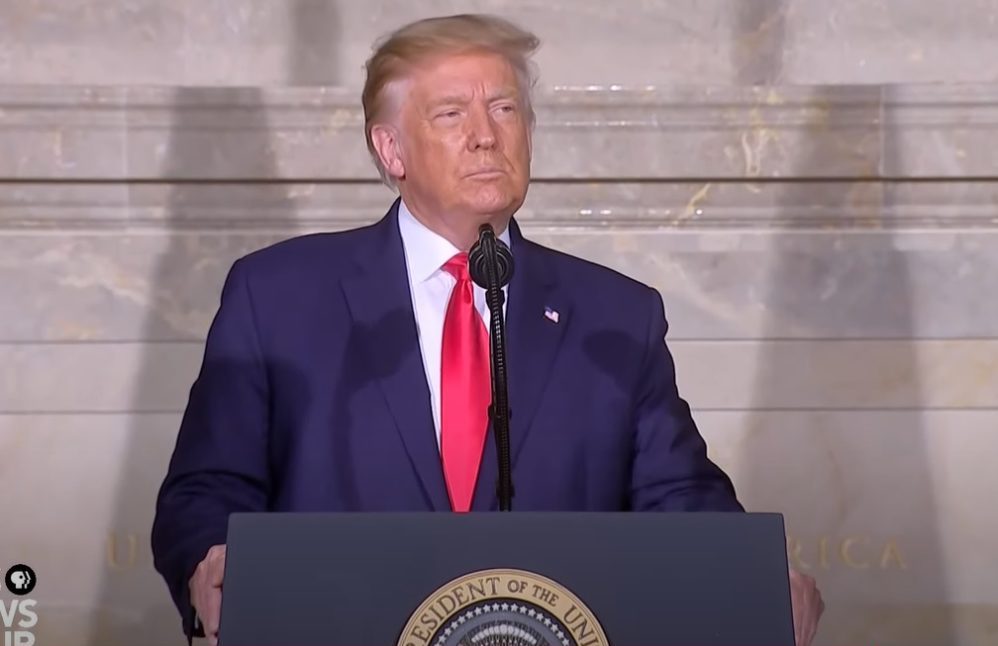Self-criticism, Progressivism, and post-modernism.
The Triumph of America

Revisionism disrespects students and undermines our regime.
Good afternoon and thank you for the opportunity to speak before you. My name is Jordan Adams. I taught history and government to middle and high school students for several years. I now work for Hillsdale College training and advising history teachers in public schools that Hillsdale supports across the country. As part of my job, I have been privileged to observe history teachers at work in hundreds of classrooms. My own experience as a history teacher, and my time observing and advising so many other history teachers, has deepened my understanding of what makes for a great history curriculum and for great history instruction.
What I have learned above all is that mediocre teaching is easy, but great teaching is one of the toughest jobs in America. Teaching is a labor of love, and great teachers have a love for two things: first, their students, and second, their subject matter. Because they desire the good for both their students and their nation, great history teachers work tirelessly to share their love of American history with their students.
Many of today’s young Americans have never encountered this love for America’s story. Cynical, deconstructionist, cherry-picking histories, such as those of Howard Zinn and the magazine articles of the 1619 Project, have neither love for America’s story, nor its students, uppermost in mind.
Instead, they pursue absurdly simplistic explanations like “class struggle” and “systemic racism.” Such concepts blind them to the fuller truths of America’s history, the richer realities of our past, and they use these simplistic theories as tools to tear down their country, manipulate their students, or both.
Nor do these historians love their students in a way that truly serves them. They do not respect their students’ independence as free thinkers who are capable of grappling with the complexity of historical reality and forming their own judgments about it. They do not respect the inherent human dignity of each student, just as they do not see the dignity and humanity, the mixture of good and bad, that America’s heroes and great historical figures all possessed. Instead, they rob students of their heritage, of their birthright, of their ability to understand accurately the origins of the world in which they live. In a sense, these skeptical historians rob students of their inheritance. They rob them of heroes to honor and be inspired by, from whose mistakes they might learn. They deprive their students of the joy of learning in a dynamic, honest, and imaginatively rich classroom. They rob their students of profound opportunities to learn from previous generations the path to maturity and happiness.
Nearly two years ago, I came across a review copy of Wilfred McClay’s Land of Hope. Taking it in after having read parts of dozens of other histories was like hearing an instrument suddenly come into tune. What I found in Land of Hope was the same thing I had seen transform students’ lives in successful history classes: a love of country and of the students themselves. Land of Hope strikes a chord, and that chord blends the complex truths of America’s history with the most inspiring way of teaching.
To begin with, Land of Hope tells a story, which is the etymology of the word “history.” While most textbooks strike readers as tiresome encyclopedias that drain the drama out of history, McClay’s work conveys an actual story. Land of Hope is something like a compelling personal biography of an entire nation. It captures students’ imaginations, and transports them to another time and place.
McClay respects the dignity of the student. He does not pander, withhold, skew, or otherwise seek to manipulate the student’s understanding. Instead, he presents a truthful story in its fullness and intricacies, then asks his readers to reflect on it. He feeds the student’s hunger for knowledge with the full lives of real people. He doesn’t grab attention solely with scandal and outrage, as Zinn or 1619 might do. That’s the easy way out, a way that kills off a student’s natural sense of wonder, and more often than not turns molehills into mountains.
Finally, Dr. McClay conveys respect for those who came before us, those who shaped the world into which we and our students have been born. He knows that no one is perfect, just as no one is without some measure of goodness. He presents America’s heroes as they were, and asks students to judge them based on the totality of their words and deeds, rather than the scandalous few. McClay wants students to applaud and preserve what is good in our history and our heroes. Yet he also bids us condemn the bad, while learning from the ways in which our country and its heroes have fallen short.
It is, of course, imperative that students come to understand what makes America exceptional. There is no precedent in the history of humankind for a nation founded on ideas—ideas of individual liberty, equality, and a capacity for self-government. There is no precedent for a people working, fighting, and dying to prove the truth of those ideas. That a nation built around these ideas should become the freest and most prosperous nation ever to have existed is no accident and is never more than a single generation of corrupted education away from extinction.
America’s founders rightly reminded us that the ultimate determinant of our success as a nation would be our ability to sustain a virtuous and well-educated citizenry. The dangerous state of American history education today is about to prove the founders right yet again. Restoring the true teaching of American history would give our young people and our nation a fighting chance to turn the tide, preserving their American inheritance for another generation.
Thank you.
The American Mind presents a range of perspectives. Views are writers’ own and do not necessarily represent those of The Claremont Institute.
The American Mind is a publication of the Claremont Institute, a non-profit 501(c)(3) organization, dedicated to restoring the principles of the American Founding to their rightful, preeminent authority in our national life. Interested in supporting our work? Gifts to the Claremont Institute are tax-deductible.
History sustains us when our ties to one another become frayed.
America's young people are miserable and angry. Universities are to blame.
The 1619 Project isn't the only curriculum turning students against America.
Our heroes will never be forgotten.
Who controls the past, controls the future.






